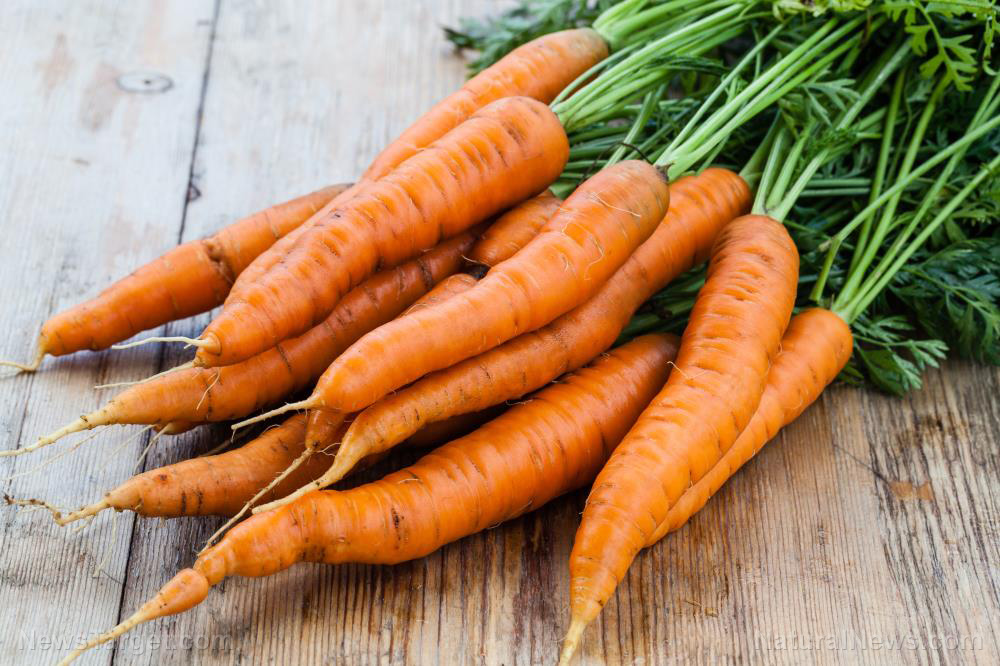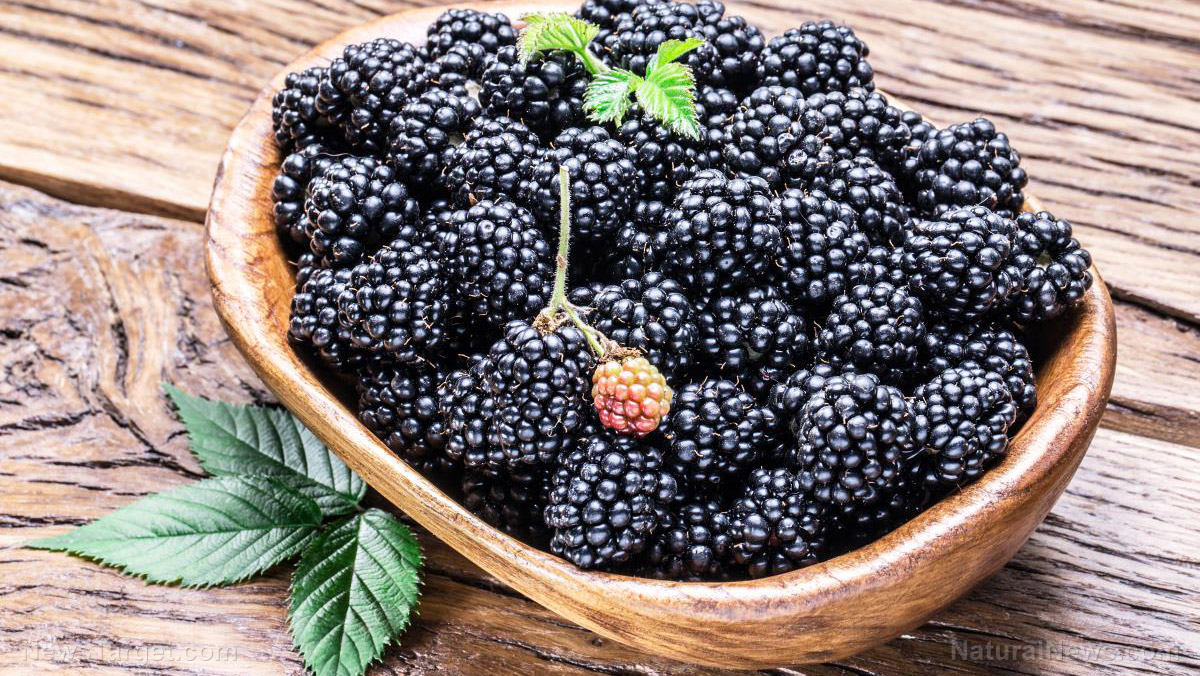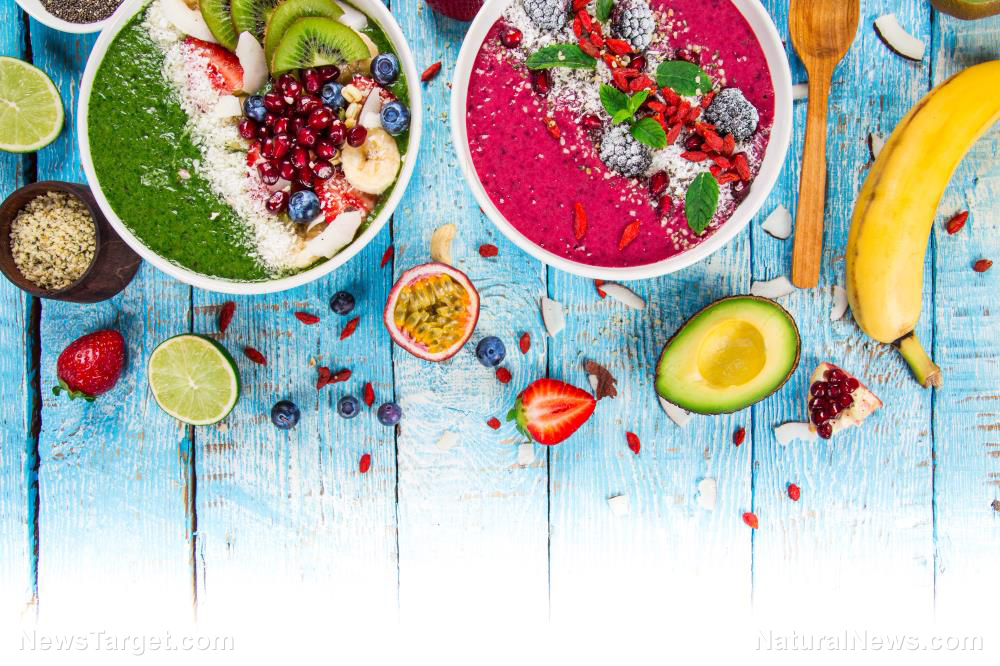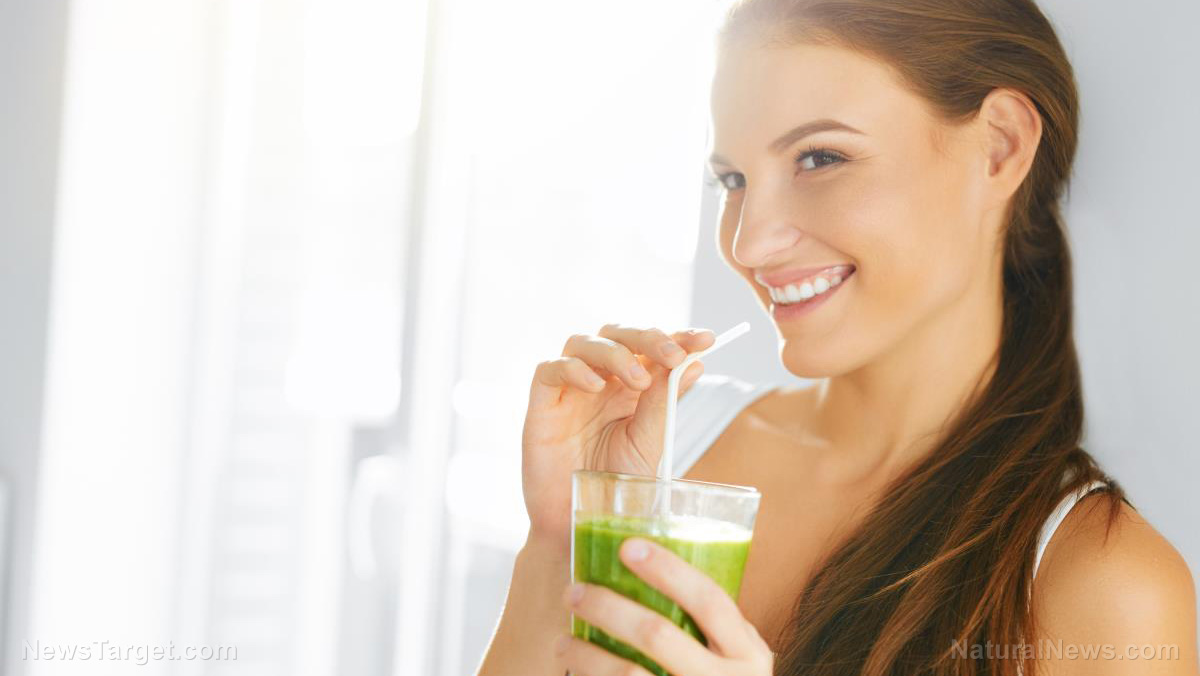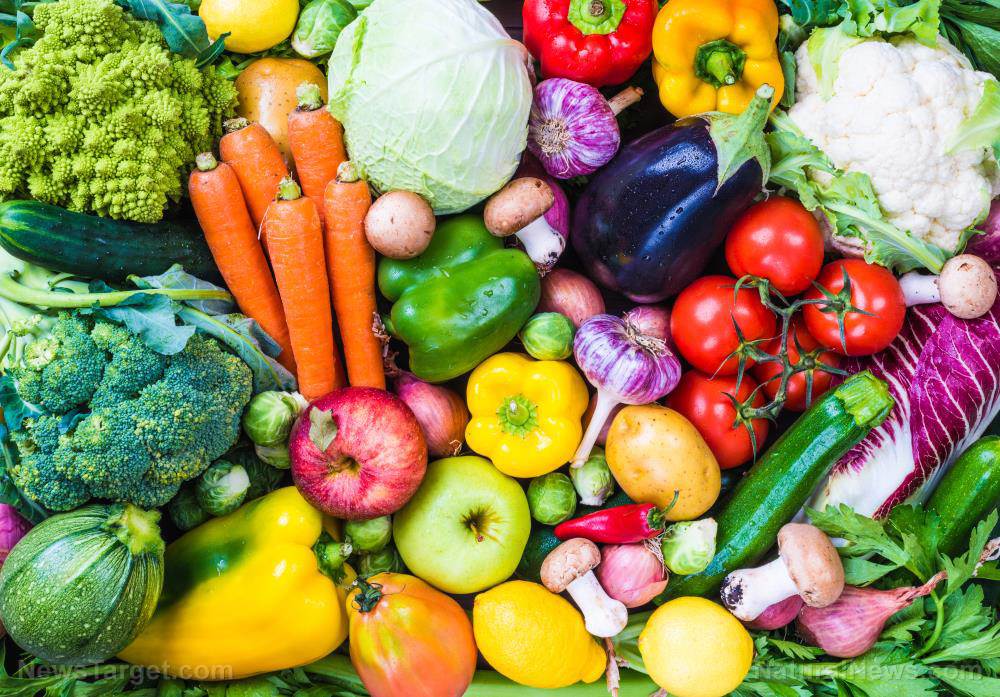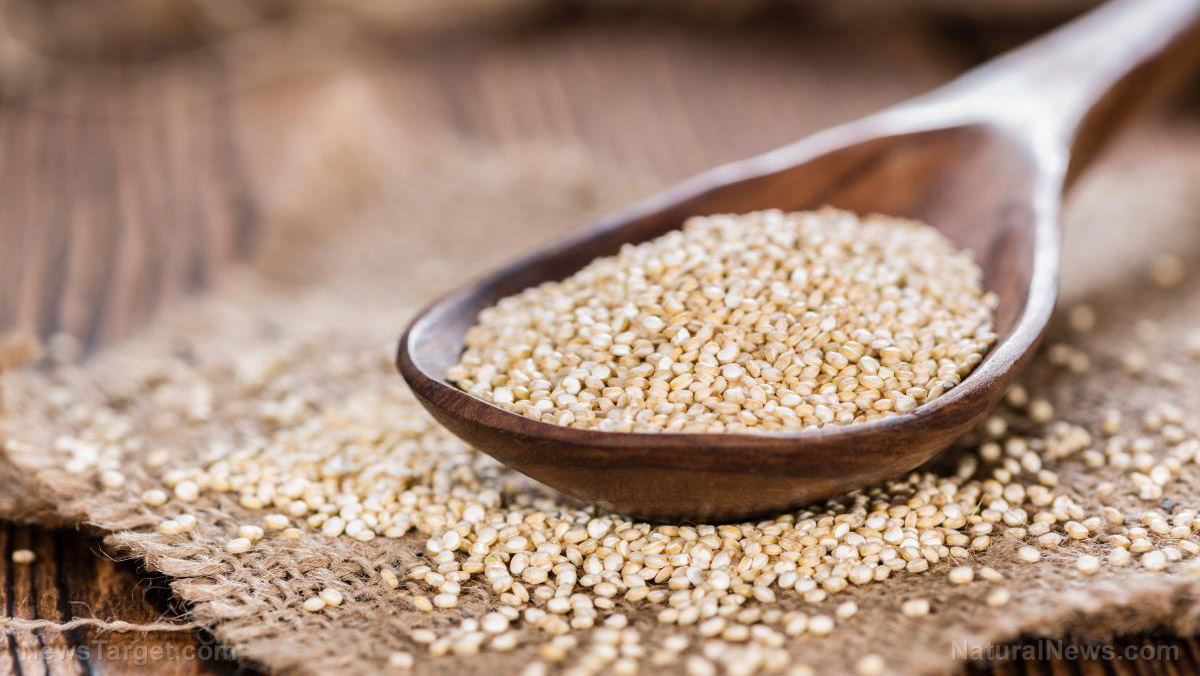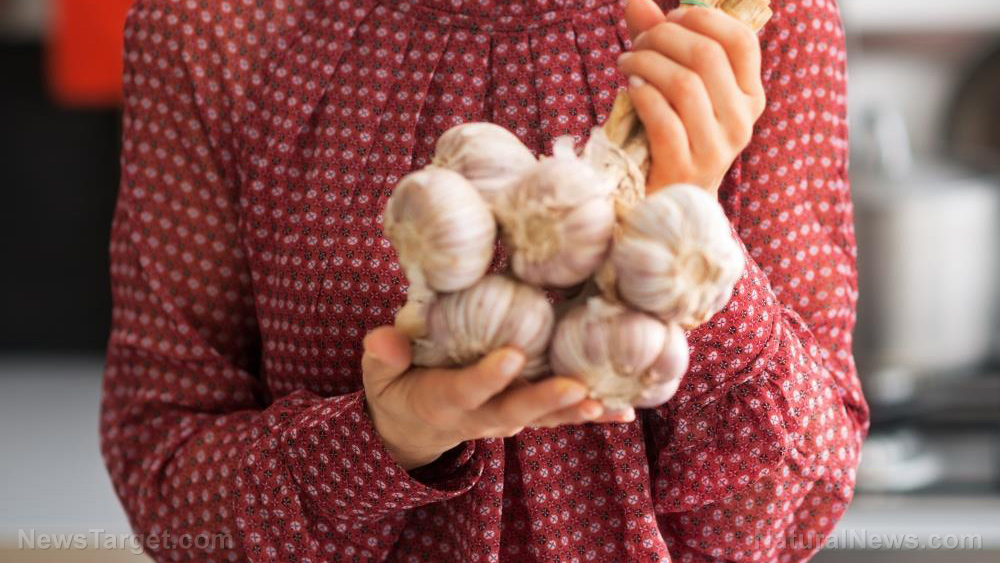Have you overlooked these quick and easy sources of protein?
07/25/2019 / By Zoey Sky

If you’re trying to eat healthy, consider switching to non-meat sources of protein like beans, hard-boiled eggs, or lentils. These natural protein sources can be used in sweet and savory dishes and will make you feel full longer.
Incorporate these protein-rich foods into healthy, balanced meals to boost your energy levels throughout the day.
Beans
A cup of organic vegetarian baked beans has about 12 grams each of protein and fiber. To make a quick and filling meal, serve beans with steamed broccoli tossed in homemade pesto.
Black, kidney, and pinto beans contain high amounts of protein per serving. Chickpeas or garbanzo beans are also rich in protein.
Both beans and chickpeas have at least 15 grams of protein per cup (240 ml). They’re also great sources of complex carbs, fiber, folate, iron, manganese, phosphorus, potassium, and other beneficial plant compounds.
You can add beans to your diet by preparing a bowl of delicious homemade chili. Alternatively, you can enjoy extra health benefits by adding a bit of turmeric to roasted chickpeas.
Greek yogurt
Both plant-based and dairy-based, grass-fed Greek yogurts are good sources of protein. Just make sure you buy plain Greek yogurt. Flavored yogurts are often full of preservatives and added sugars.
Depending on the brand, an individual container of a plant-based yogurt has about 11 to 14 grams of protein. Greek yogurt is versatile, and you can serve it either sweet or savory. For a sweet Greek yogurt-based snack, add fresh fruit, nuts or seeds, a dash of cinnamon, and a bit of maple syrup.
To make a savory Greek yogurt, add black pepper, fresh dill, garlic, sea salt, and red wine vinegar, and toss it with fresh vegetables like sliced cucumbers, a bit of red onion, and some juicy tomatoes.
Hard-boiled eggs
An egg contains around six grams of protein. The yolk contains the bulk of an egg’s nutrients – at least 90 percent or all of the antioxidants, calcium, choline, iron, omega-3 fatty acids, vitamin B12 and D, and zinc.
Give vegetable salads a protein boost by adding hard-boiled eggs. Chop the eggs, then toss with bell peppers, celery, red onion, spinach, and tomatoes. Finally, add a small scoop of cooked, chilled quinoa and dress with half a mashed avocado. (Related: 21 Healthy plant-based sources of protein for vegans and vegetarians.)
Lentils
One cup of organic, steamed lentils contain heart-healthy plant compounds, at least 18 grams of protein, and about 16 grams of filling fiber, which is 60 percent more than your daily target. A cup of lentils also offers antioxidants, vitamins, and minerals like folate, iron, and manganese.
You can add nutritious lentils to salads or soups. To make a salad with some lentils, toss a handful of leafy green vegetables with a dressing made from balsamic vinegar, Italian herb seasoning, and stone ground mustard. Top the salad with a quarter of an avocado, a few tablespoons of pumpkin seeds, and lentil.
Lentils contain a type of fiber that can nourish the beneficial bacteria in your colon, promoting a healthy gut. Lentils can also help lower your risk of developing diabetes, excess body weight, heart disease, and certain types of cancer.
Plant protein powder
Plant protein powders can provide your body the essential amino acids it needs to produce proteins, especially those required for muscle growth and repair.
A scoop of plant protein powder contains about 20 grams of protein and very little carbs and fat. Add plant protein powders to smoothies, or use plain, unflavored powders to boost the protein content of dishes like banana pancakes, cauliflower mash, oatmeal, overnight oats, or soups.
Eat nutritious protein-rich foods like beans and lentils to feel full longer and maintain a healthy weight.
Sources include:
Tagged Under: antioxidants, beans, clean food, diet, dietary fiber, eggs, functional food, Greek yogurt, gut bacteria, gut health, legumes, lentils, minerals, non-meat protein sources, nutrition, organics, plant protein powder, protein, protein sources, protein-rich foods, vegetables, vitamins
RECENT NEWS & ARTICLES
COPYRIGHT © 2017 ORGANICS NEWS




